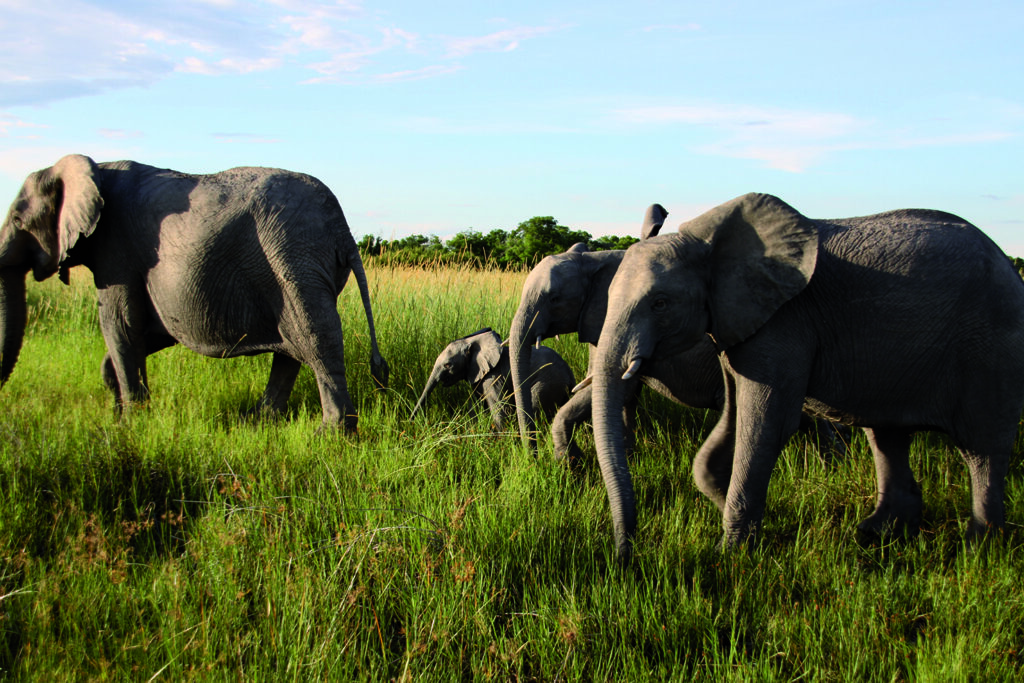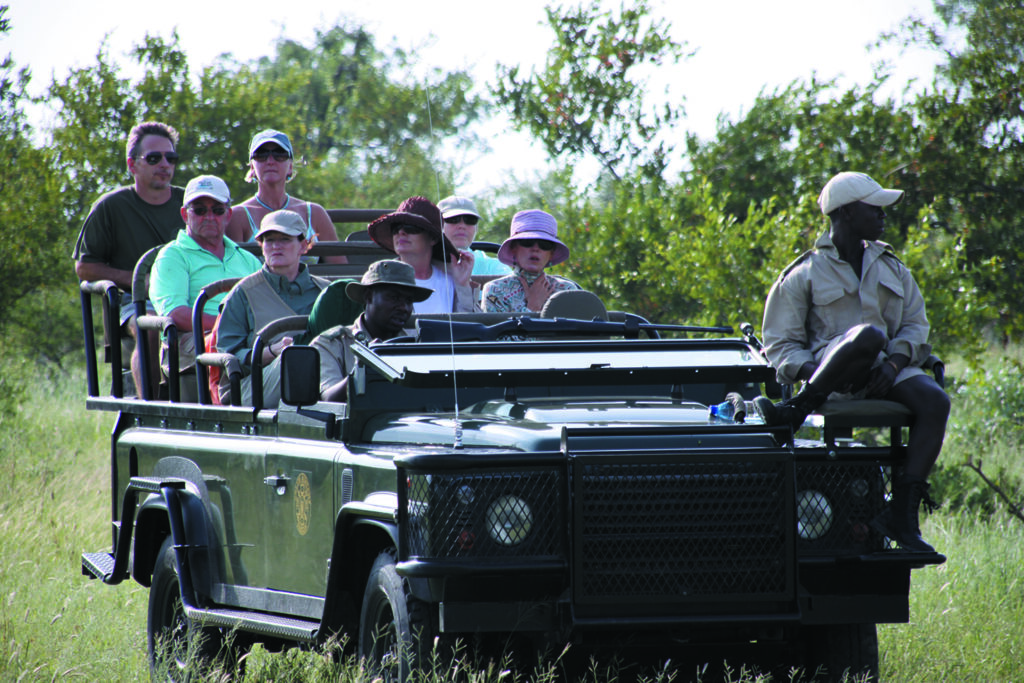We all know that sustainable tourism is all the rage but ethical tourism is just as important. In this exclusive interview with Traveltalk, BRETT MITCHELL, Managing Director ANZ at Intrepid Travel, discusses ways in which Aussies can make a difference.

BRETT MITCHELL, MANAGING DIRECTOR ANZ AT INTREPID TRAVEL
Q: International Animal Rights Day was held in early December. How successful was it on raising awareness?
A: International Animal Rights Day is an important reminder that animals have rights, just like us. But it’s important to remember that animal rights are relevant year-round.
Through The Intrepid Foundation, we have a number of partnerships, including World Wide Fund for Nature (WWF) and World Animal Protection (WAP), which further protect and uphold animal rights across the globe.
Q: Why is ethical tourism so important?
A: While tourism has many benefits, when done in an unethical manner, the impacts on people and planet can be devastating.
Ethical tourism ensures that when visiting a destination, travellers are preserving the local culture and boosting local economies, without compromising the environment and wildlife.
Fortunately, the global tourism industry is changing and travellers are becoming increasingly conscious of their actions.
The general public’s awareness has shifted and there is a desire from tourists to ensure they are giving back to the communities they visit.
Q: What is Intrepid Travel doing to advocate for animal welfare?
A: Intrepid Travel actively discourages the participation of its travellers in any activities that exploit wild or domestic working animals.
In 2014, Intrepid was the first tour operator to ban elephant rides on all tours, along with not permitting any activities that allow passengers to pet or walk with wild animals, such as popular lion walks in South Africa.
This came after our not-for-profit arm, The Intrepid Foundation, funded World Animal Protection research in Southeast Asia in 2010, which revealed the impact this has on the elephants’ physical and mental wellbeing.
We’re also working with tour operators to cease exploitative animal attractions and promote animal friendly tourism through a series of initiatives.
In 2015 we joined forces with the Blood Lions team by signing their ‘Born to Live Wild’ pledge – a promise to never knowingly work with operators offering lion walks, cub petting or other interactive activities that contribute to the cycle of breeding and exploitation of lions in Africa.
It’s also a promise to raise awareness of these industries among our travellers and the broader community.
Q: What can Aussies do to be more ethical while travelling?
A: We encourage travellers to make responsible travel plans which respect and benefit the local people, their cultures, economies and the environment.
When you hit the road, consider leaving lighter footprints, investing your travel dollars in local communities, showing respect and curiosity for different cultures and traditions, and experiencing genuine connections with the people you meet along the way.
When it comes to avoiding unethical animal experiences, our top tips include:
Do your research – Look at reviews from other customers and check out animal welfare sites before visiting a venue.
Scan the environment – Make sure animals have the appropriate facilities, including shelter, space, water and food.
Look for certifications – Be wary of false claims around ‘conservation’ and look for real certifications instead, including from the World Animal Protection association.
Keep it wild – The best way to engage with animals is in their natural environment, so seek out experiences that allow you to get off the beaten path and into the wild.


Q: What wildlife experiences should we avoid when travelling?
A: The best kind of animal interaction is one where tourists have zero physical contact with the animals.
This includes tourist attractions that allow visitors to view wild animals in their natural habitat, such as national parks or genuine sanctuaries.
Intrepid tours only include visits to facilities involving wild animals in captivity if the rationale for the sanctuary operation is in the best interests of the animals involved.
We advise customers to avoid purchasing wild animal products, especially anything from an endangered species.
Travellers should also avoid food and medicinal’ products that are made from wild animal derivatives, as these can fuel wildlife farming and illegal wildlife trade.
Q: How can the tourism industry as whole better support animal welfare?
A: As a start, more businesses need to take a stand and stop offering wildlife interactions such as elephant rides as attractions.
Tourism organisations can also work with the wider industry to shift the needle, such as joining the World Animal Protection Proving Demand Working Group, which brings travel businesses together to demonstrate the demand for alternatives to elephant riding, and higher standards of animal welfare.
Another example is becoming a signatory of the World Travel and Tourism Council’s Declaration on Illegal Wildlife Trade and a member of their working group.
Intrepid Travel has created an Animal Welfare toolkit in conjunction with World Animal Protection, to help the tourism industry become more ethical.
This resource includes tips on how to draft and implement more animal-friendly practices within a tourism organisation, as well as an editable policy template for businesses to get started on their journey.
Q: Will the business of exploiting animals for tourist dollars ever be extinguished?
A: As more people become better educated, we’ll see a zero-tolerance approach to using animals in common tourism activities such as visiting aquariums, zoos and bird shows.
We expect the increased social pressure to encourage more destinations to remove unethical animal attractions.
This will attract travellers who are now seeking more ethical experiences and will be more financially beneficial in the long run.



